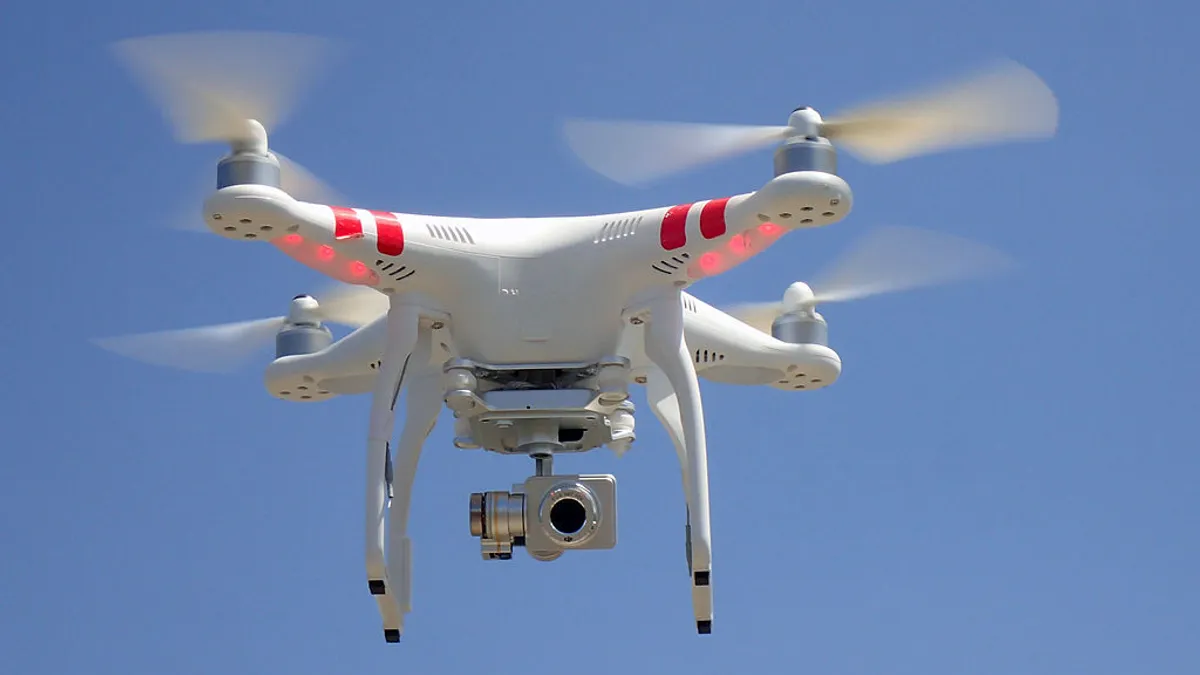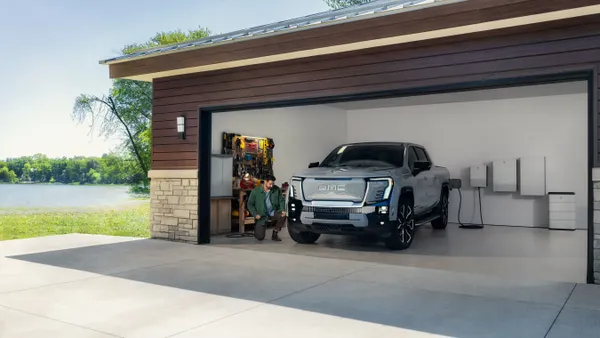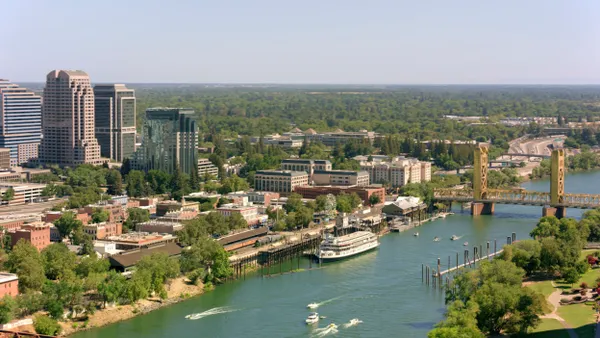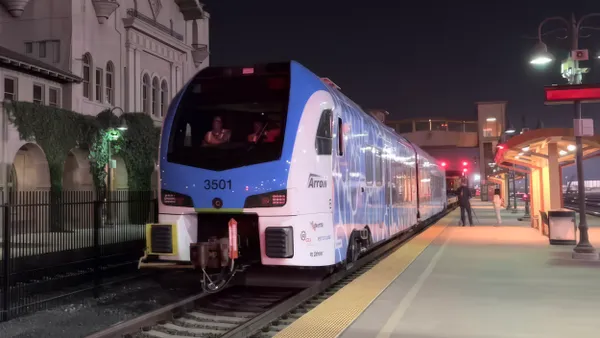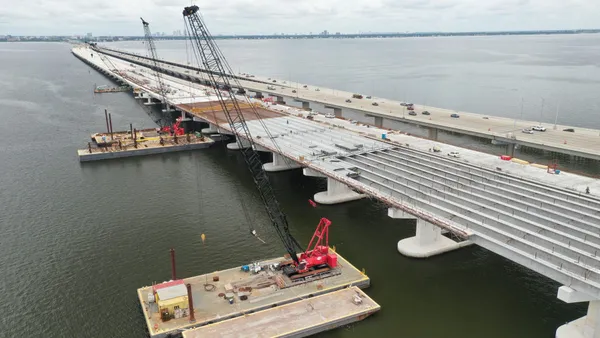Dive Brief:
- Uber Technologies affiliate Uber Elevate has filed an application with the Federal Aviation Administration (FAA) to deliver food in the San Diego market. An answer is expected by June 10, according to Freight Waves.
- This request comes after the recent approval of Google’s Wing Aviation drone delivery in southwestern Virginia.
- Also this week, the North Carolina Department of Transportation teamed up with Causey Aviation and Tel Aviv startup Flytrex to test meal delivery by drone.
Dive Insight:
This application is no surprise, as both Google and Uber have been working with the UAS (Unmanned Aircraft System) Integration Pilot Program to test drone operations and provide feedback to the government on how to integrate commercial drone services. With the government and deep-pocketed industry players like Google working together, chances are good that any logistical challenges hindering drone delivery will be solved, and soon.
Right now, however, a number of challenges exist — including safety, security, logistics and public education. Uber Elevate, for context, is seeking exemptions from 16 federal regulations typically required of traditional aircraft. Among the pieces that need to be figured out during the tests for food delivery are weight, distance and altitude.
For restaurant operators, there’s also a cost factor. But as more players like Google and Uber jump into the space, cost should come down as the market begins to saturate.
The Commercial Drone Alliance supports Uber's proposal, as it seeks a precedent on how to facilitate drone delivery safely and effectively. Should it be granted, expect others to enter the fray and expand quickly, including smaller startups like Zipline and Flytrex. Flytrex, which is already in test in North Carolina, has some experience here, having spent the past two years nailing down logistical details of drone delivery through a partnership with Aha in Iceland.
Though there are more questions than answers about any such delivery right now in the U.S., the FAA’s approval of Google’s drone company, and the potential approval of Uber's petition in California, should speed things up.
With autonomous vehicle tests and robot deliveries also underway, the race is speeding up to innovate on food delivery while also saving on costs. Cost savings is a major narrative right now, particularly for restaurant operators who are disgruntled with high third-party fees, and automation squarely fits into this narrative. With these current tests, it’s clear the ripple is growing and that drone delivery has the very real potential to be more than just a gimmick.


